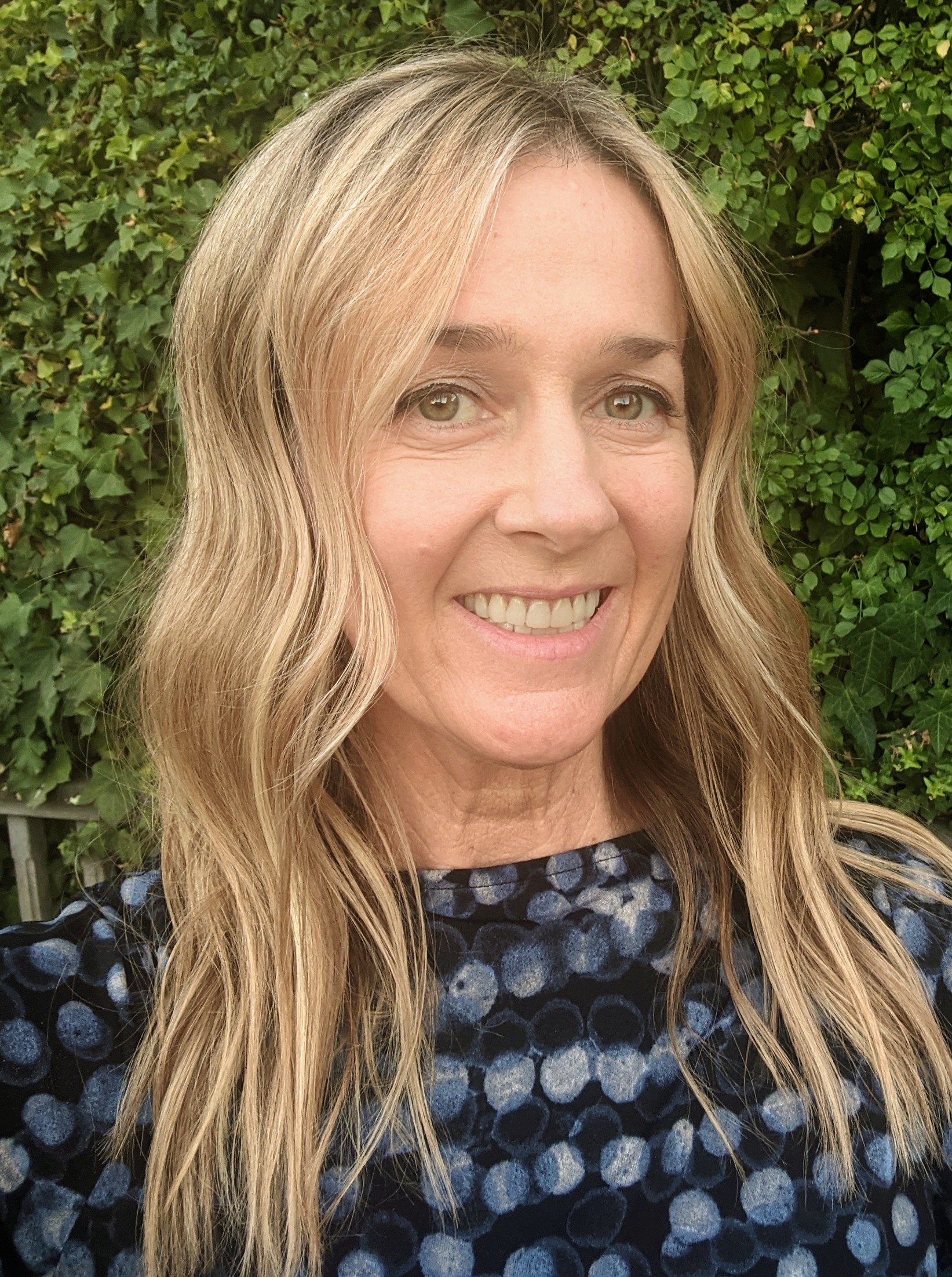
This week's Torah portion, Re'eh, begins by commanding us to “see,” to open our eyes and behold the world which has been set before us. At every moment, we can choose between blessing and curse. Each decision we make and each action we take has a consequence, an effect not only for ourselves, but also for everyone and everything around us. God sets before all of us – as a collective - the choice for blessing or curse. But it is up to each one of us - individually - to make decisions which fulfill God's commandments and align with our Reform Jewish values. Each of us personally must open our eyes. Each of us personally is challenged to see, with clear vision, the opportunities to elevate ourselves, as well as each other, and to grow. The choice, then as now, lies entirely in our own hands.
What does it mean to choose between blessing and curse? How important are our decisions? I would like to begin by framing the conversation in the context of civic engagement.
Civic engagement means getting involved in the process of addressing injustices we see in our communities with the goal of improving our collective future. It is caring about the world around us and committing to making it a better place. Choosing to engage in the civic life of our communities, through advocacy and social justice initiatives and getting out the vote, enables us to strive toward a society that is more aligned with our Jewish values. In doing this important work, we choose blessing, not curse.
Parashat Re'eh outlines the Jewish commitment and responsibility to protect and serve others in our communities. We read, “If, however, there is a needy person among you, one of your kinsmen in any of your settlements in the land that the Lord your God is giving you, do not harden your heart and shut your hand against your needy kinsman. Rather, you must open your hand and lend him sufficient for whatever he needs.” The society envisioned by the Torah is one in which all members are allowed lives of dignity and value and each member takes an active role in caring for the well-being of others. From extending loans, to forgiving debt, to freeing of slaves in the seventh year, this Torah portion highlights our responsibility for creating social welfare systems that promote fairness and redress inequality. We learn these systems must be coupled with compassion. “Give to him readily and have no regrets when you do so.” Our efforts must not only alleviate poverty but also restore dignity and sense of self-worth to those who have fallen into hard times.
Such social concern and commitment to the other are needed now more than ever. God warns us that “there will never cease to be needy ones in your land which is why I command you: open your hand to the poor and needy kinsman in your land.” Whether we are continuing to find ways to alleviate poverty and bring economic justice to all, whether we are supporting freedom and promoting equality, fighting to end discrimination and hatred, lobbying for gun violence prevention measures, or implementing strategies to help protect the earth that sustains us, the ongoing cycle of repairing the world requires both our vision and our voices. It requires our civic engagement.
Women of Reform Judaism has a long and proud history of civic engagement on public policy issues and is proud to be partnering with the Religious Action Center of Reform Judaism on their 2018 Civic Engagement Campaign. This nonpartisan campaign seeks to mobilize the entire Reform Movement, encouraging and empowering all people to exercise their right to vote and ensuring that Jewish voices are present in the public square, regardless of party or politics. The goal is to engage voters to put their Jewish values into action as they take to the election polls this November. Every community and every sisterhood have the opportunity to get involved in the campaign, from helping to register and engage new voters, to hosting candidate and/or issue forums to educating people about key local ballot initiatives, to voting their own values. Each person is an agent of change, and every vote counts! For more information and helpful resources, please visit www.rac.org/cec.
Parashat Re'eh is a reminder that Judaism envisions a society where all are valued, not just those with power or privilege, and a reminder of our responsibility to make choices that help make this just society a reality. Open your eyes. Take a good, hard look at the world around you. Be clear about what you see, what needs to be done, and how you can get involved. Choose blessing and join the Civic Engagement Campaign!
Karen Goldberg is a past president of Women of Isaiah at Temple Isaiah in Lafayette, California. She is a member of the North American Board of the Women of Reform Judaism, a member of the Commission on Social Action of Reform Judaism, and co-chair of the 2019 WRJ Social Justice Conference in Washington, D.C.
Related Posts

Parashat Yom Rishon shel Rosh HaShanah

Cultivating a Culture of Accountability and Belonging


